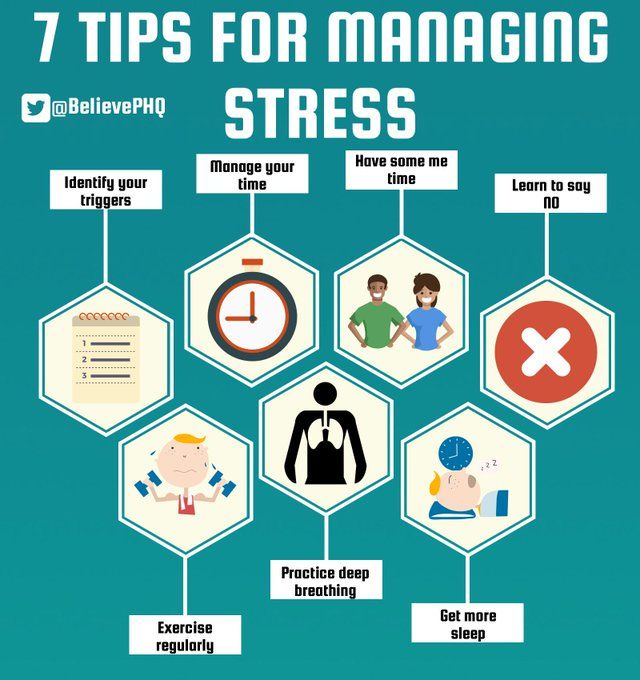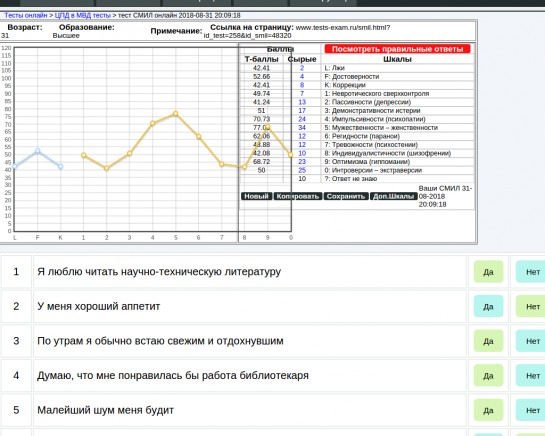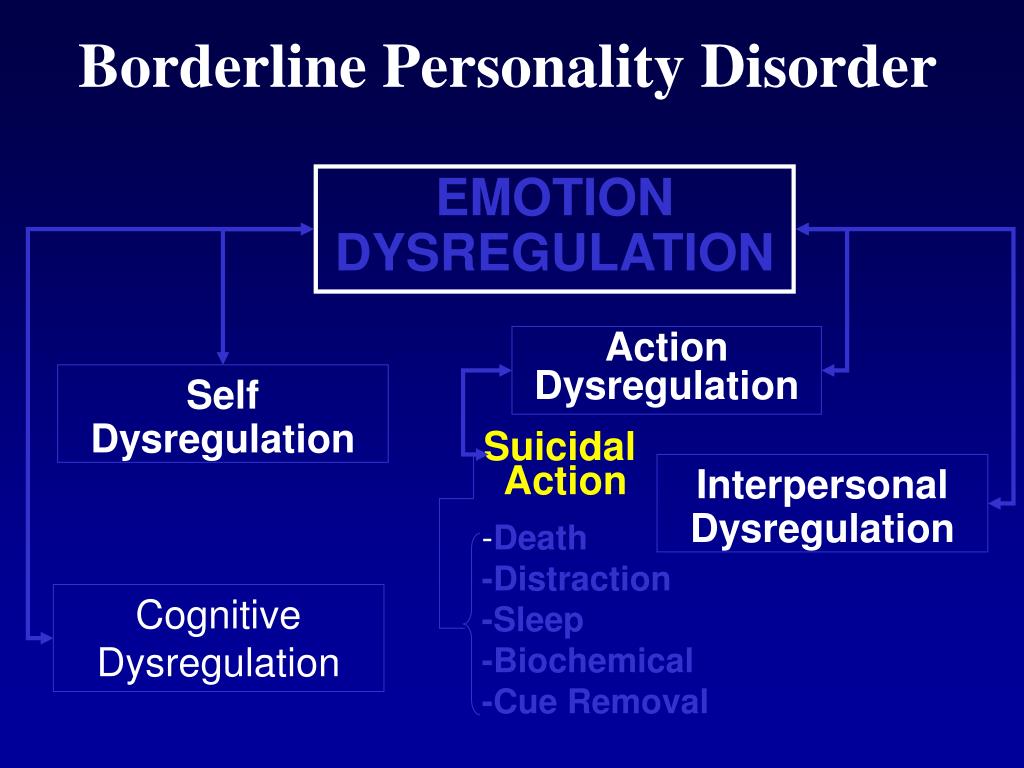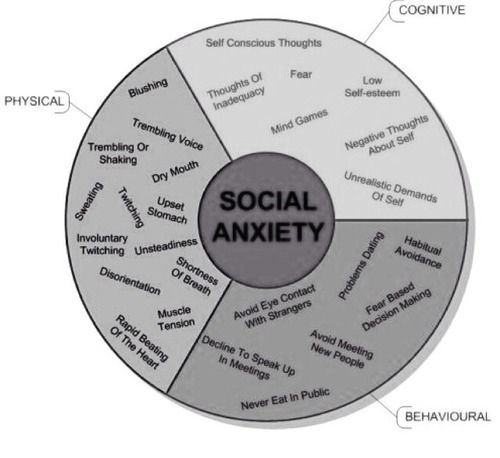Stress management journaling
How to Use Journaling for Stress Relief
Sometimes, simple coping tactics can help when you’re stressed. Journaling is a habit that may help more than you might expect.
Journaling is an activity many people have enjoyed for decades, whether it’s to organize our thoughts or to nourish writing skills.
Journaling simply means writing down your thoughts and feelings. This seemingly simple act has proven benefits in managing stress and coping with mental health conditions.
Some 2021 research shows that journaling helps reduce stress. And a 2018 study says that journaling is associated with fewer symptoms of anxiety and depression.
A stress relief journal is also known as a stress relief notebook or stress management journal, or an anxiety journal if you live with this condition.
Although journaling may seem like a chore at first, there are many benefits. Here’s why journaling is good for you, and tips to help make it become a habit.
Journaling can be a tool to cope with stress and mental health conditions, such as anxiety and depression.
In fact, 2018 research shows that writing down our deepest feelings and thoughts can improve our physical and psychological well-being.
Journaling may help you feel in control of your emotions. If you live with anxiety or depression, journaling can help you cope with the condition. Journaling can help you:
- identify fears or concerns that may be causing you stress or anxiety
- recognize triggers that exacerbate feelings of stress
- manage your stress more efficiently in the future
- practice positive self-talk to build your confidence
- identify and reduce unhelpful thoughts and behaviors
There are many types of journals that can help you relief stress.
While you can start with a simple notebook and pen, there are other types of journals that can help spark thoughts and creativity. These include:
- bullet journals
- gratitude journals
- calendar journals
- drawing journals
Once you’ve chosen a type of journal, you can consider establishing a routine.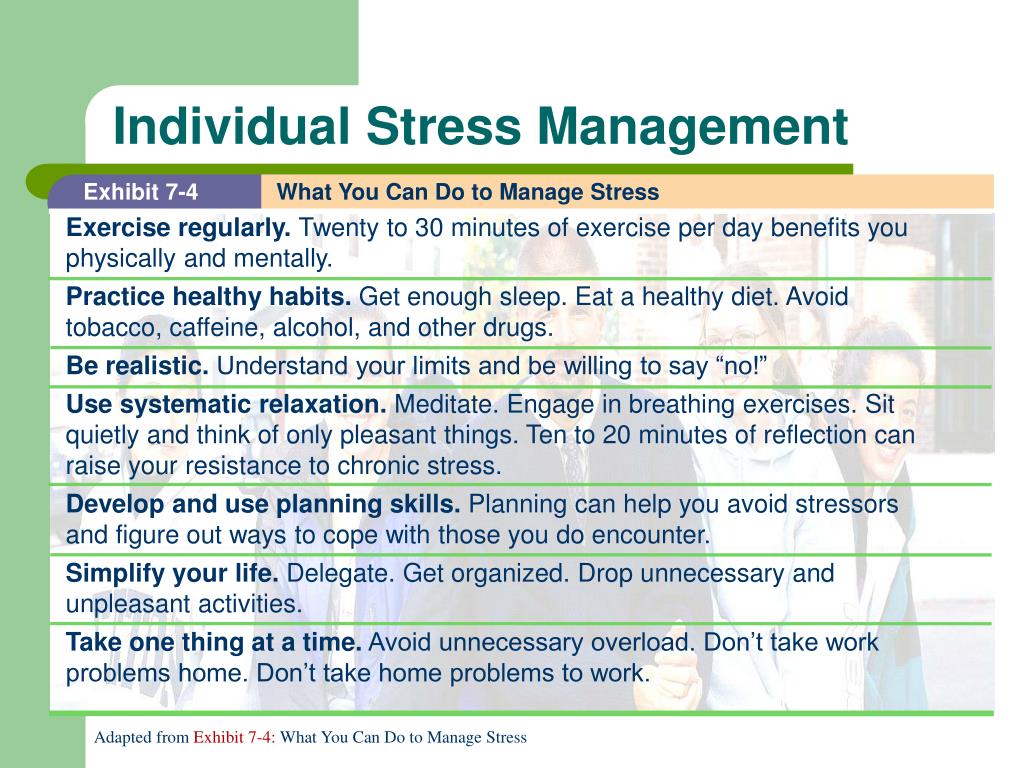 There are steps you can take to adopt a journaling habit for stress relief, such as:
There are steps you can take to adopt a journaling habit for stress relief, such as:
Set aside time to journal every day
Setting time to write every day, even if it’s just 5 to 10 minutes, can be helpful.
Though it can sometimes be difficult to carve out time for journaling, even spending a minute or two journaling each day can provide benefits.
Creating a schedule can help you to stick with the habit, and journaling can help you decompress and achieve mental clarity.
Keep it simple
It can be a fun notebook, a proper journal, or a plain notepad or spiral notebook — the medium in which you journal doesn’t matter.
You may also find it easier and more helpful to keep a journal on your smartphone, either through a designated journaling app or on your Notes app.
Choose the format that best suits you and with which you feel most comfortable for writing down your thoughts and feelings.
And, remember, just keeping a pen and paper — or your phone — on hand is key for developing and nourishing the habit of journaling.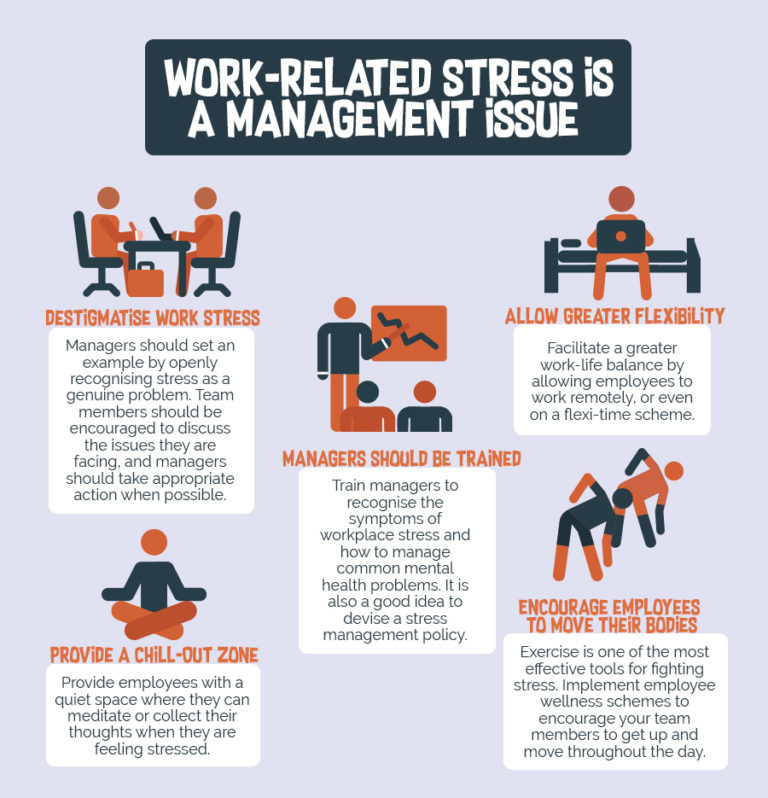
Keep it free of rules
Creating a routine for journaling is important. But if it’s too rigid, doesn’t work well for you, and ends up creating more stress, you have another option.
You can also journal whenever the mood strikes.
A key part of journaling is consistency, but not necessarily structure. Regular journaling may allow you to identify themes quickly.
Additionally, your journal doesn’t need to follow a certain structure when it comes to how you write. Just write your words and ideas as they flow and come to you. Don’t worry about spelling and grammar errors.
You can also use the space to draw if that helps to improve your mood or spark creativity.
Decide if you want to share it
You can use your journal as you see fit. While you don’t have to share your journal with anyone, you may want to share some of your thoughts with your partner, close friends, or family members.
This can be especially helpful if you have trouble talking about your feelings and would rather write them down.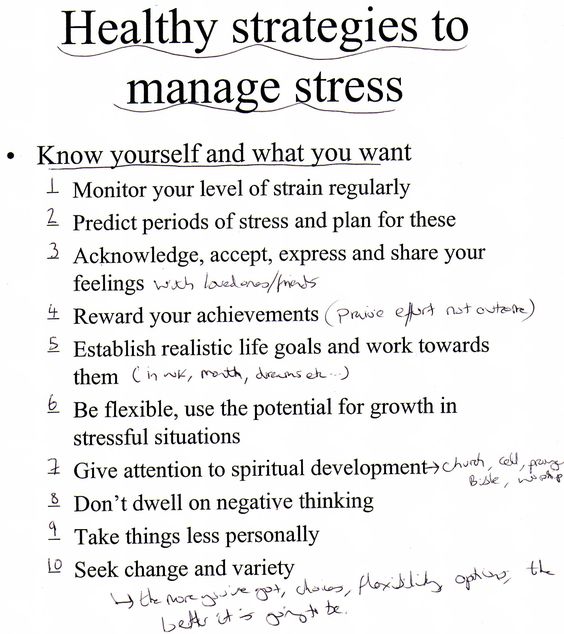
Consider bringing it to therapy
Even if you don’t show your therapist your complete writings, bringing your journal to therapy or talking about it can be helpful during sessions.
Chances are, your therapist will encourage this activity, especially if it’s having a positive effect on your mental health.
Journaling may have positive effects for people who are experiencing stress or symptoms of some mental health conditions.
It may sound like a chore at first, but you may find that journaling can help you create order when it feels like your world is in chaos.
From creating a habit and a routine to choosing pen and paper or a phone, the steps to journaling are simple but have a great potential to improve your mental well-being.
Journaling is only one step on the path to healthy habits and self-care. Eating a balanced diet, exercising regularly, and getting enough sleep are lifestyle habits that are key to your well-being.
By focusing on self-care in all aspects of your life, you can work to get a handle on life’s daily stressors.
Looking for a therapist but not sure where to start? Psych Central’s How to Find Mental Health Support resource can help.
How to Use Journaling for Stress Relief
Sometimes, simple coping tactics can help when you’re stressed. Journaling is a habit that may help more than you might expect.
Journaling is an activity many people have enjoyed for decades, whether it’s to organize our thoughts or to nourish writing skills.
Journaling simply means writing down your thoughts and feelings. This seemingly simple act has proven benefits in managing stress and coping with mental health conditions.
Some 2021 research shows that journaling helps reduce stress. And a 2018 study says that journaling is associated with fewer symptoms of anxiety and depression.
A stress relief journal is also known as a stress relief notebook or stress management journal, or an anxiety journal if you live with this condition.
Although journaling may seem like a chore at first, there are many benefits. Here’s why journaling is good for you, and tips to help make it become a habit.
Here’s why journaling is good for you, and tips to help make it become a habit.
Journaling can be a tool to cope with stress and mental health conditions, such as anxiety and depression.
In fact, 2018 research shows that writing down our deepest feelings and thoughts can improve our physical and psychological well-being.
Journaling may help you feel in control of your emotions. If you live with anxiety or depression, journaling can help you cope with the condition. Journaling can help you:
- identify fears or concerns that may be causing you stress or anxiety
- recognize triggers that exacerbate feelings of stress
- manage your stress more efficiently in the future
- practice positive self-talk to build your confidence
- identify and reduce unhelpful thoughts and behaviors
There are many types of journals that can help you relief stress.
While you can start with a simple notebook and pen, there are other types of journals that can help spark thoughts and creativity. These include:
These include:
- bullet journals
- gratitude journals
- calendar journals
- drawing journals
Once you’ve chosen a type of journal, you can consider establishing a routine. There are steps you can take to adopt a journaling habit for stress relief, such as:
Set aside time to journal every day
Setting time to write every day, even if it’s just 5 to 10 minutes, can be helpful.
Though it can sometimes be difficult to carve out time for journaling, even spending a minute or two journaling each day can provide benefits.
Creating a schedule can help you to stick with the habit, and journaling can help you decompress and achieve mental clarity.
Keep it simple
It can be a fun notebook, a proper journal, or a plain notepad or spiral notebook — the medium in which you journal doesn’t matter.
You may also find it easier and more helpful to keep a journal on your smartphone, either through a designated journaling app or on your Notes app.
Choose the format that best suits you and with which you feel most comfortable for writing down your thoughts and feelings.
And, remember, just keeping a pen and paper — or your phone — on hand is key for developing and nourishing the habit of journaling.
Keep it free of rules
Creating a routine for journaling is important. But if it’s too rigid, doesn’t work well for you, and ends up creating more stress, you have another option.
You can also journal whenever the mood strikes.
A key part of journaling is consistency, but not necessarily structure. Regular journaling may allow you to identify themes quickly.
Additionally, your journal doesn’t need to follow a certain structure when it comes to how you write. Just write your words and ideas as they flow and come to you. Don’t worry about spelling and grammar errors.
You can also use the space to draw if that helps to improve your mood or spark creativity.
Decide if you want to share it
You can use your journal as you see fit.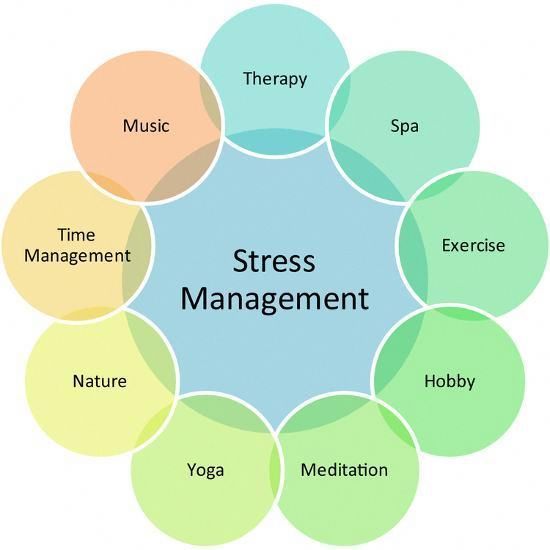 While you don’t have to share your journal with anyone, you may want to share some of your thoughts with your partner, close friends, or family members.
While you don’t have to share your journal with anyone, you may want to share some of your thoughts with your partner, close friends, or family members.
This can be especially helpful if you have trouble talking about your feelings and would rather write them down.
Consider bringing it to therapy
Even if you don’t show your therapist your complete writings, bringing your journal to therapy or talking about it can be helpful during sessions.
Chances are, your therapist will encourage this activity, especially if it’s having a positive effect on your mental health.
Journaling may have positive effects for people who are experiencing stress or symptoms of some mental health conditions.
It may sound like a chore at first, but you may find that journaling can help you create order when it feels like your world is in chaos.
From creating a habit and a routine to choosing pen and paper or a phone, the steps to journaling are simple but have a great potential to improve your mental well-being.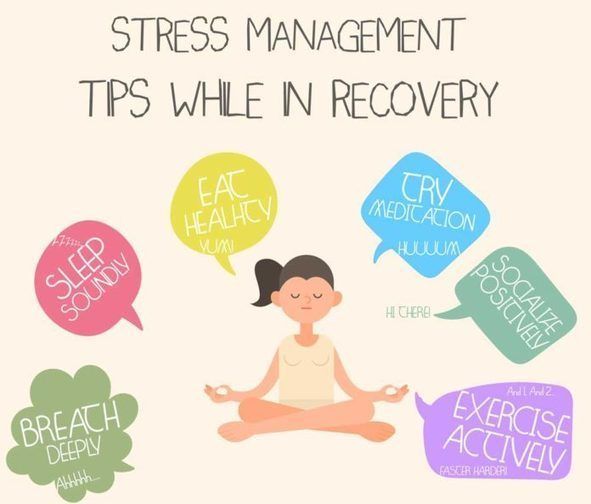
Journaling is only one step on the path to healthy habits and self-care. Eating a balanced diet, exercising regularly, and getting enough sleep are lifestyle habits that are key to your well-being.
By focusing on self-care in all aspects of your life, you can work to get a handle on life’s daily stressors.
Looking for a therapist but not sure where to start? Psych Central’s How to Find Mental Health Support resource can help.
Workplace Stress - Handling Stressful Events
So far, we have discussed various ways and techniques to help you manage and reduce stress in your daily life, but every time you encounter stressful events, you have to expand your horizons. . This chapter covers how to deal with these major stressful events and what to do when they occur.
Building a support system
Having a support system will always help you overcome any stress. Like the support of your family and friends who can at least listen to your concerns and try to reduce them or clear your mind.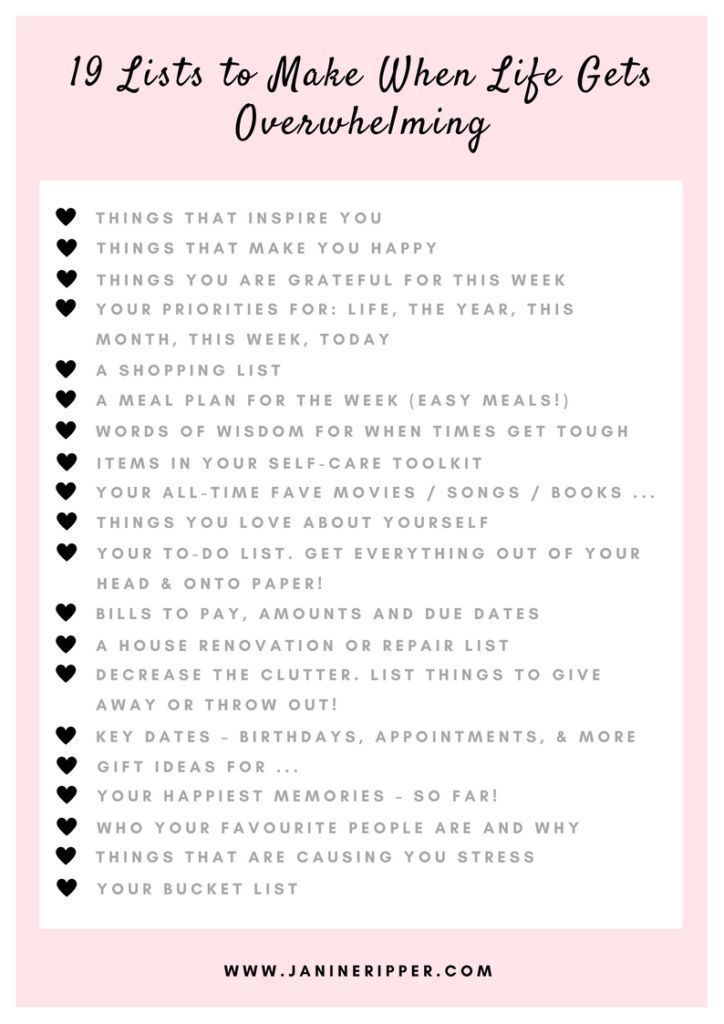 It may sound silly, but some mental support always keeps you positive and motivated. This will help you calm down, relax and unwind.
It may sound silly, but some mental support always keeps you positive and motivated. This will help you calm down, relax and unwind.
Making a plan
Yes, get the plan right when you're under stress trying to mix things up and end up with incomplete work. It's better to have a plan that will help you feel in control so you can get the job done step by step. When you have a plan, you feel that at least you have done something and you have power over the situation.
When planning something, make sure you include the following:
-
How can I maintain a healthy lifestyle (with enough diet, sleep and exercise during this period?
-
What changes will I need to make to my lifestyle?
-
How will my routine help me during this period?
-
How can my routine change?
-
How can I use the triple approach to deal with this situation?
-
What relaxation techniques might be appropriate?
-
Which support systems can I rely on?
How can I maintain a healthy lifestyle (with enough diet, sleep and exercise during this period?
What changes will I need to make to my lifestyle?
How will my routine help me during this period?
How can my routine change?0003
Creating a stress log
Keeping a stress log can help you analyze your top stressors and identify trends in those stressors.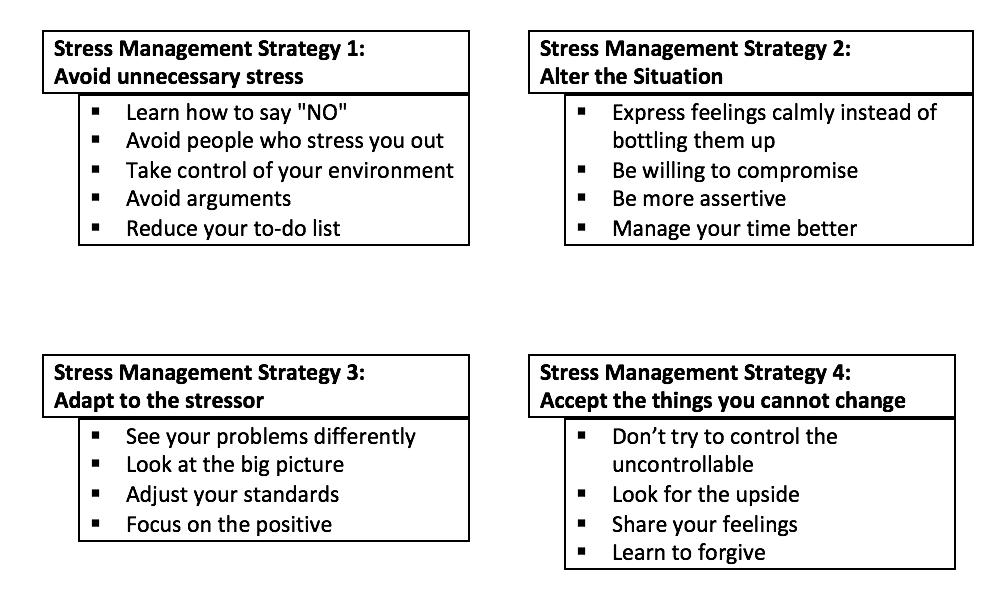 Once you identify the cause of your stress, it will ultimately help you identify the cause of your stress, which will help you reduce your stress levels.
Once you identify the cause of your stress, it will ultimately help you identify the cause of your stress, which will help you reduce your stress levels.
As a rule, the stress log includes -
-
What happened?
-
When did this happen?
-
Where did this happen?
-
How high was my stress level on a scale of one to ten? (1=not stressful, 5=moderately stressful, 10=close to a nervous breakdown)
-
How did I feel?
-
Why did this event cause me stress?
-
What did I do about it?
-
What would I like to do differently next time?
What happened?
When did this happen?
Where did this happen?
How high was my stress level on a scale of one to ten? (1 = not stressed, 5 = moderately stressed, 10 = close to a nervous breakdown)
How did I feel?
Why did this event cause me stress?
What did I do about it?
What would I like to do differently next time?
It is better to copy this form into a spiral notebook or a three-ring binder to create a load log, you can always change it to suit your needs.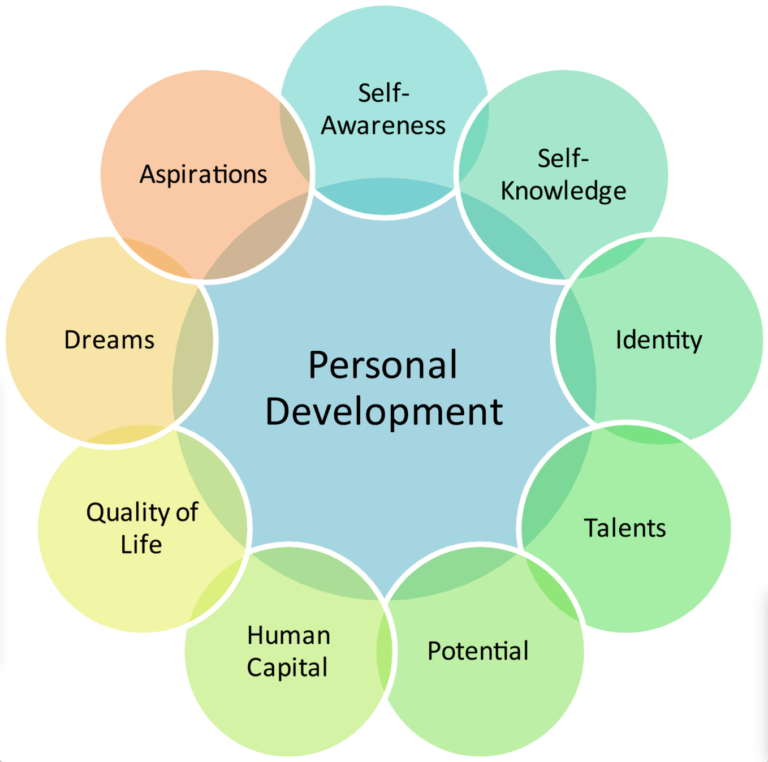 Refer to the steps below to keep a load log.
Refer to the steps below to keep a load log.
First week - logging events
The first step in keeping a stress log is to collect information. The first step in using a stress journal is to gather information. Any time you're stressed or anxious, write it down in your stress log for at least seven days. It's best to keep a journal every night and complete it with all of your day's activities and feelings associated with stress.
Second week - identifying stressors and creating a plan
After the first week, sit down with your diary and a blank sheet of paper. Now rate all of your stressful events on a scale of one to ten. Then write down the most stressful events you've experienced all week. Then write down those events that often caused stress.
Finish this by adding the events that really caused you stress but forgot to mention them in your journal. When the first week is over, sit down with your diary and a blank sheet of paper. Finally, you will be able to identify the main stressors and make a plan for each.
Things you could consider including in your stress log -
-
Which A (Alter, Avoid, Accept) would be best in this situation?
-
How can changing lifestyle habits (in diet, sleep, exercise, routine and organization) help you relieve stress?
-
What relaxation techniques can help me cope with this stress?
-
What resources (such as support systems and outside help) can help me reduce this stress? or
-
What will my final plan look like?
Which A (Alter, Avoid, Accept) would be best in this situation?
How can changing lifestyle habits (in diet, sleep, exercise, routine, and organization) help you relieve stress?
What relaxation techniques can help me cope with this stress?
What resources (such as support systems and outside help) can help me reduce this stress? or
What will my final plan look like?
To be successful in managing stress, it's best to start with small goals that can be easily achieved over a period of time.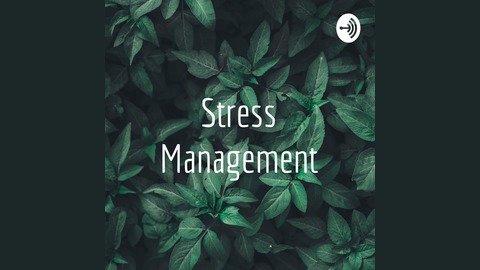 If you're having trouble identifying a specific stressor, try talking to friends and family as they can help you.
If you're having trouble identifying a specific stressor, try talking to friends and family as they can help you.
Week Three - Building New Habits
This is the best part of the program. Realize all your plans. Take small parts of your stress management plan at a time and add them to your life. Experiment with all the pieces to get the best piece that suits your lifestyle.
If this doesn't work, write down your efforts and move on to another plan. Get in the habit of adding new tools and habits to your lifestyle with this stress management worksheet.
This note must include the following -
-
What was my stress level the last time I checked my plan?
-
What is my stress level now?
-
What has changed?
-
What stressors have been added to my life?
-
What stressors have been removed from my life?
-
How should my plan change?
-
What stress management techniques have worked for me? What tricks don't work? How should my plan change?
-
What is my plan for next week?
-
When will I review my plan again?
What was my stress level the last time I checked my plan?
What is my stress level now?
What has changed?
What stressors have been added to my life?
What stressors have been removed from my life?
How should my plan change?
What stress management techniques have worked for me? What tricks don't work? How should my plan change?
What is my plan for next week?
When will I review my plan again?
It is difficult at first to maintain a good stress management strategy and act accordingly, but in the long run it will help reduce stress levels.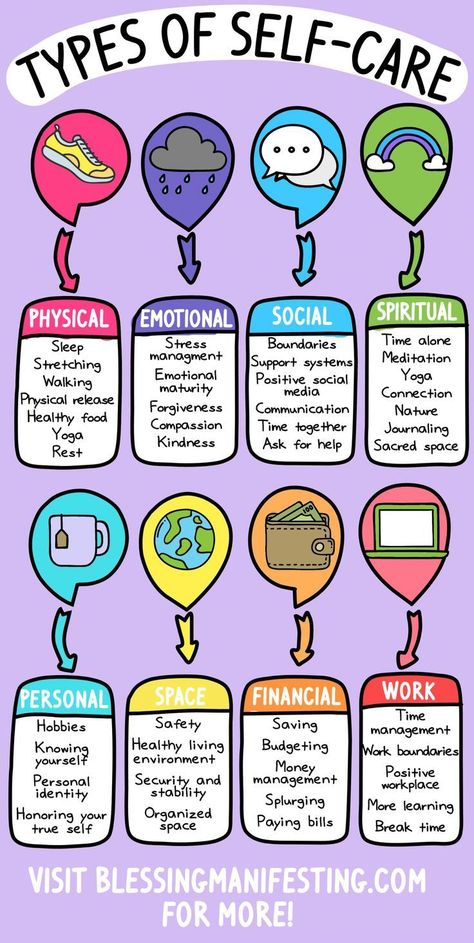 Gradually, you can reduce the number of checks to once a month, depending on your convenience. If you feel like things are getting more and more intense, go back to the first week and start over.
Gradually, you can reduce the number of checks to once a month, depending on your convenience. If you feel like things are getting more and more intense, go back to the first week and start over.
Stress and stress management in adults
Stress: what you need to know
Stress is a normal part of life that everyone experiences.
In some cases, stress can be beneficial as it motivates and helps you focus on solving problems and achieving your goals.
But too much stress weakens the body and interferes with daily tasks. If your stress level is too high, you can get sick, be unable to care for children, and not enjoy family life.
What causes stress?
Changes in life, even positive ones, can be stressful, especially if you feel like you're not coping. For example, for many, the birth of a child is a life-changing and stressful event.
Feelings of insecurity, lack of control over circumstances, too much to do and not enough time are also serious causes of stress.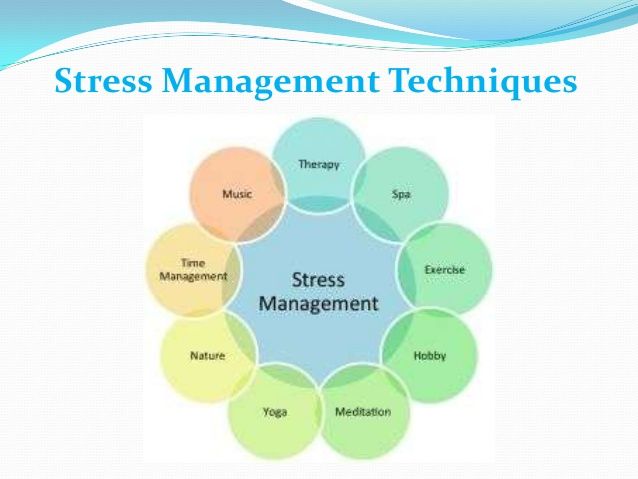 It is understandable why a newborn baby or a small child throwing tantrums in public can cause you stress.
It is understandable why a newborn baby or a small child throwing tantrums in public can cause you stress.
Adding to the excitement are daily activities such as getting the kids to school on time and leaving the house for work.
Signs of stress
Your body will tell you that you are under stress. During times of stress, your heart rate and breathing can increase, and your muscles become tense.
Sometimes short-term reactions to stress help to cope with problem situations. For example, you can get an adrenaline rush that will spur you on to catch the bus.
But if you constantly live at such a pace, the body will be depleted. You may experience headaches, sleep problems, digestive problems, or feel like you can't do it anymore. This condition undermines health and affects well-being.
Therefore, it is important to pay attention to signs of stress . You can experience it if:
- you are worried about absolutely anything
- drink too much alcohol, smoke or use psychoactive substances
- you find it difficult to be patient with your partner or children
- have trouble sleeping
- you feel unwell - headache or other pain
- reluctant to get up in the morning
- you have thoughts like "This will never end"
- You feel like you can't deal with normal household chores such as family responsibilities and financial management.

How to cope with stress: simple tips
Identify the cause of stress
If you know what causes stress, it will be easier to deal with it. You may be able to avoid or prepare for stressful situations. It is helpful to note what causes you stress.
For example, a lot of stress can cause your baby to cry for a long time. If you are used to being punctual, you may experience stress when the kids are going very slowly. If you like to keep your home clean and tidy, and now it is not, you can also worry a lot.
Positive thinking and internal dialogue
Unconstructive thinking makes it difficult to deal with stressful situations. For example, in a stressful situation, you might think, “What is wrong with me? I can't do anything" or "I'm a failure."
It is possible to channel non-constructive thinking into a useful channel and engage in positive internal dialogue - this is one way to cope with stress.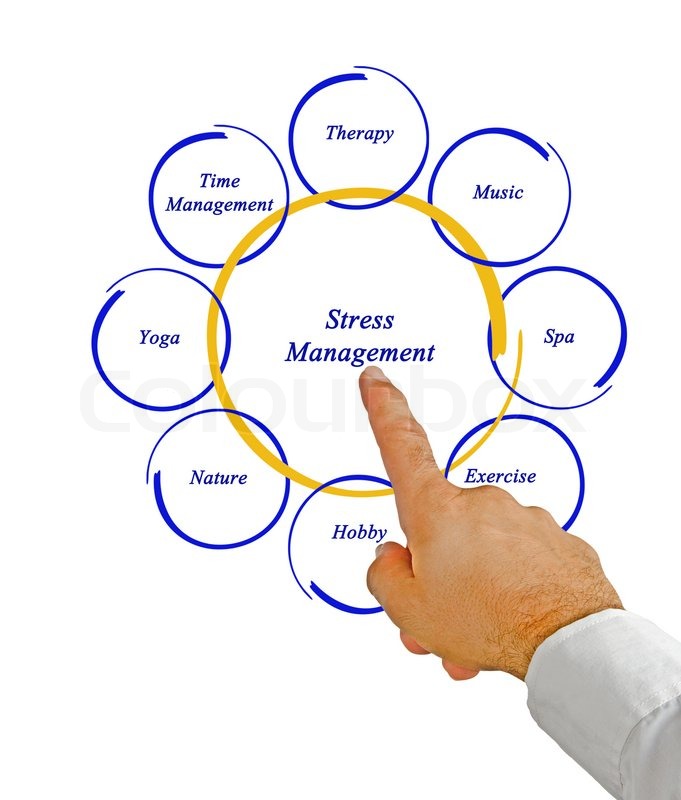 So you will experience more positive emotions, and your ability to cope with stressful situations will increase.
So you will experience more positive emotions, and your ability to cope with stressful situations will increase.
To practice realistic thinking and self-talk try the following:
- Leave unconstructive thoughts. Let's say your baby is crying in a grocery store. You think, "Everyone will think I'm a bad parent." And you can ask yourself: “How do I know that people will think that way?”, “Would I really think that about someone?”.
- Be realistic. It would be strange to expect a child to never cry in a store. But it may be in your power to change the situation to reduce this likelihood. Perhaps the child will be less naughty if you go to the store at a different time - for example, after his daytime sleep?
- Come up with soothing phrases to say to yourself. For example: “We will spend a little more time in the store, everything will be fine”, “People are busy with their own affairs and do not pay attention to us”, “I don’t care what others think.
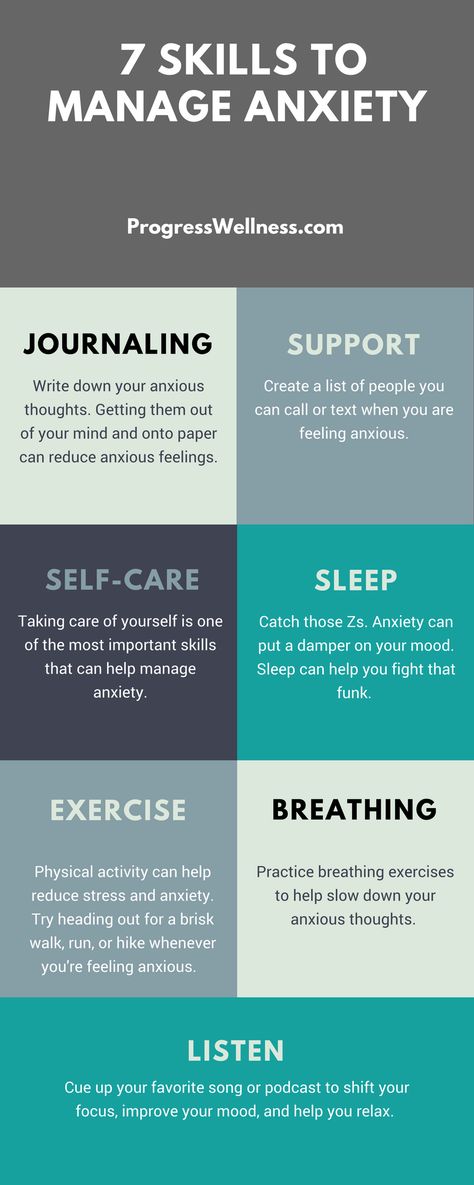 ”
” - Estimate the limits of your patience. If you're irritated or feel like you can't take it anymore, try to eliminate the source of stress as much as possible. For example, try shopping online if going to the store with your child is too difficult.
The more you practice positive self-talk, the faster you will achieve its automatism. Start applying it to one stressful situation and gradually transfer it to others.
Focus on the essentials
Stress often comes from trying to do too much, so try setting realistic goals for the day. Don't take on more than you can handle.
Having a plan and some family rules will help you get some ground under your feet and reduce your stress levels a little.
Large tasks will be easier to handle if they are divided into several stages. You can also ask family or friends for help.
Communicate with other people
Discussing business with a partner or friends, you can look at things objectively. If you find it difficult to speak, you can try writing down your thoughts and feelings in a journal.
If you find it difficult to speak, you can try writing down your thoughts and feelings in a journal.
Meeting friends also helps. Even a short meeting over a cup of coffee can be enough: when you have someone to share your problems with, you feel supported and can better cope with the situation.
If you're short on time, you can keep in touch with those who care about you through social media and email.
Make physical and emotional health a priority
Avoid stimulants such as cigarettes and caffeine and depressants such as alcohol whenever possible.
Keep track of physical health : Eat right, exercise and take time to relax. Sometimes a brisk walk around the house or a short nap can change your mood.
If you have trouble falling asleep don't watch TV, check email, or use social media before bed. If you're awake at night, get up and read something soothing until you feel sleepy. You can also do meditation to relax. If you can't sleep due to stress or worry about a problem, try writing down what's bothering you and deal with it the next day.
If you can't sleep due to stress or worry about a problem, try writing down what's bothering you and deal with it the next day.
If you work late, think about ways to reduce your hours or make your schedule more flexible.
In daily worries it is easy to forget about time for yourself . Make a list of things you enjoy like reading magazines, watching TV, gardening, shopping, and so on. Try to complete one item daily or every other day, especially on weekends. Pleasant time with partner and family can also be included in this list.
To find time for yourself, you need to learn to say “no” in some cases. If this is difficult for you, you can take a training to increase self-confidence. Such training will help you learn to set boundaries and say “no” without feeling guilty. Search online for offline or online courses.
Humor works wonders for stress relief. Seeing the funny side of things will make you feel much better. Smiling and laughing are great for relaxing, and if you know how to enjoy life, you can reduce stress.